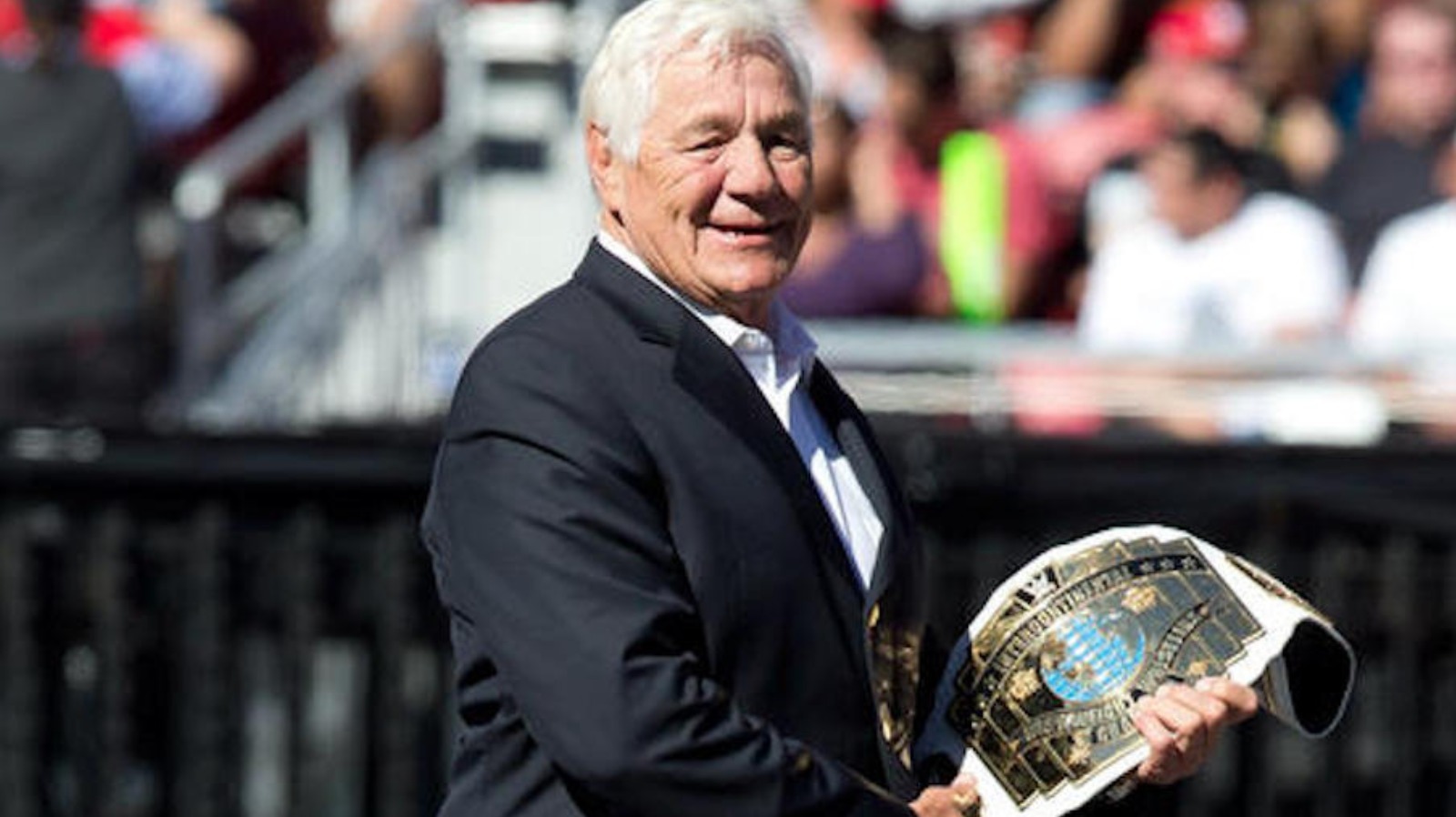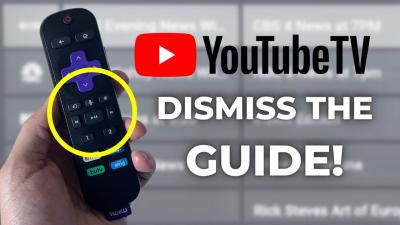The Royal Rumble is not just a wrestling event; it's an exhilarating spectacle that has become a cornerstone of WWE programming. Held annually, it typically occurs in January and serves as a pivotal build-up to WrestleMania, the company's most monumental event. But what makes the Royal Rumble truly unique is its innovative format, pitting numerous Superstars against each other in a battle royale-style match. Picture this: 30 competitors, one goal, and only one man or woman emerging victorious!
Fans tune in for the drama, surprises, and astonishing athleticism that unfold in a cutthroat elimination setting, where Superstars enter at timed intervals. This unpredictability keeps the audience on the edge of their seats. Beyond the match itself, the Royal Rumble is also known for its shocking return appearances, unexpected alliances, and the thrilling quest for a championship opportunity. The excitement surrounding this event makes it a must-watch in the wrestling calendar.
The Concept of Scripted Matches in Wrestling

Now, let's talk about the elephant in the room—wrestling is scripted. But what does that mean for the Royal Rumble and WWE as a whole?
In wrestling, "scripted" refers to the predetermined outcomes of matches and the narratives that unfold throughout various story arcs. It's an art form that combines athletic performance with storytelling. Here’s a breakdown of how scripted matches come into play:
- Storylines: Each match, including the Royal Rumble, is crafted to enhance ongoing storylines. Wrestlers may feud or align based on past rivalries, and the outcome of the Rumble often leads to new feuds or the climax of existing ones.
- Character Development: Wrestlers adopt specific personas—heroes (faces) or villains (heels)—that resonate with audiences. The scripted nature allows Superstars to explore various dimensions of their characters within the context of the match.
- Choreographed Matches: While wrestlers are incredibly skilled athletes, their moves are often rehearsed to ensure safety and maximize entertainment value, especially in a chaotic setting like the Rumble.
The predetermined nature doesn't take away from the athleticism; instead, it enhances the overall experience for fans. The anticipation of surprise entrants, potential returns, and dramatic eliminations adds to the thrill of wrestling, making it irresistible for fans around the world. So, while the outcomes can be anticipated, the journey to get there is always filled with excitement and intrigue.
Behind the Scenes: How the Royal Rumble is Planned
When fans think of the Royal Rumble, they often envision a chaotic spectacle filled with high-energy moments and surprising eliminations. However, what many don’t realize is that this thrilling event is meticulously planned behind the scenes. The creative team at WWE spends months strategizing every detail to ensure the Rumble is a captivating experience for both the live audience and those watching at home.
Typically, the planning starts as early as three to six months before the event. Here are some of the key processes involved:
- Storyline Development: The creative team crafts overarching storylines leading up to the Rumble. They consider rivalries, character arcs, and potential surprises.
- Entrant Order: The order in which wrestlers enter the Rumble is crucial. This is often based on storyline progression, fan favorites, and unexpected surprises to keep the audience engaged.
- Elimination Spots: Wrestlers collaborate with producers to choreograph specific elimination spots that highlight their unique skills while also telling a story.
- Secret Returns: Keeping surprises under wraps is essential. Wrestlers who may return after an injury or absence often stay discreetly out of the spotlight before the event.
- Rehearsals: While wrestlers are seasoned professionals, they still conduct rehearsals to fine-tune the timing and flow of the match.
This intricate planning culminates in a dramatic showdown every January, with the ingredients for excitement carefully crafted to ensure each Royal Rumble is memorable.
The Role of Wrestlers in the Rumble's Execution
In a Royal Rumble match, the wrestlers are the stars of the show. While the creative team lays out the script, it’s the wrestlers who bring it to life. Their athleticism, charisma, and storytelling skills are crucial to creating the magic fans love about the Rumble.
Here's how wrestlers play pivotal roles:
- Character Motivation: Wrestlers embody their characters, enhancing the storyline with unique personalities. Each participant's motivation significantly influences the match dynamics.
- Timing and Coordination: Wrestlers must possess an excellent sense of timing. They coordinate with one another to deliver spots and eliminations in a way that feels organic and fluid.
- Audience Engagement: Wrestlers thrive on crowd reactions. Their ability to connect with fans enhances the overall experience, whether it's through dramatic moments or comedic relief.
- Safety Measures: Safety is a priority in such a high-stakes match. Wrestlers have to execute moves carefully to avoid injuries, relying heavily on their training and trust in each other.
- Improvisation: Sometimes, things don't go as planned. Wrestlers are trained to think on their feet, gracefully adapting to any unforeseen circumstances during the match.
Ultimately, the success of a Royal Rumble hinges on the collaborative efforts of the wrestlers, each contributing their skill and passion to create a thrilling spectacle that keeps fans eagerly coming back for more.
Fan Reactions and Perceptions of Scripted Events
When it comes to professional wrestling, the blend of reality and entertainment often confuses fans. The Royal Rumble is no exception. Enthusiastic crowds flock to arenas, fueled by excitement and anticipation, yet many grapple with the understanding that the event is scripted. This complexity generates a range of reactions and perceptions among fans.
For some, the knowledge that outcomes are predetermined can diminish the enjoyment of the spectacle. They may argue that if there’s no real competition, then the thrill is lessened. Others, however, cherish the stories and character arcs that unfold throughout the Royal Rumble. To them, it’s not just about who wins or loses; it’s about the journey the wrestlers take, which often parallels classic narratives of struggle and triumph.
Additionally, the element of surprise plays a crucial role in fan enjoyment. The unexpected returns of beloved wrestlers or shocking eliminations can reignite passion even among those who know the scripts. Many fans appreciate the blend of athletic skill and storytelling that wrestling provides, and will cheer just as loudly for a cleverly crafted plot twist as they would for an awe-inspiring move.
Social media also amplifies these discussions, shaping perceptions around scripted events. Fans take to platforms like Twitter and Reddit to share their thoughts, critiques, and memes, fostering a vibrant community dialogue. Ultimately, although the scripted nature of the Royal Rumble may be a point of contention, it’s the shared experiences, passions, and dynamic storytelling that keep fans coming back for more.
Conclusion: The Blending of Script and Reality in Wrestling Entertainment
The Royal Rumble exemplifies the unique relationship between script and reality in wrestling entertainment. It’s this convergence that captivates audiences worldwide, drawing them into the larger-than-life personas and dramatic narratives that unfold in the ring. The scripted elements of the event allow for unparalleled creativity, enabling WWE to construct intricate storylines that resonate with fans.
While some may argue that knowing the outcomes takes away from the experience, it’s important to highlight how this knowledge contributes to an enriched viewing experience. Fans become invested in evolving narratives and character development, making the eventual outcomes even more meaningful. The emotional highs and lows that come from watching a beloved character face adversity become a significant part of the entertainment.
Moreover, the unpredictability involved—such as surprise entrances or unexpected alliances—keeps audiences on the edge of their seats, aiding in the suspension of disbelief. This underscores the importance of storytelling in wrestling, as the built-up anticipation often leads to emotional reactions that rival any sports event.
In closing, the Royal Rumble illustrates the artistry of performance within the realm of sports entertainment. By embracing the scripted nature of wrestling, fans can appreciate its depth, eagerly awaiting each new twist in the narrative landscape. Ultimately, it’s the balance of script and reality that continues to make WWE a beloved spectacle for millions globally.
 admin
admin







